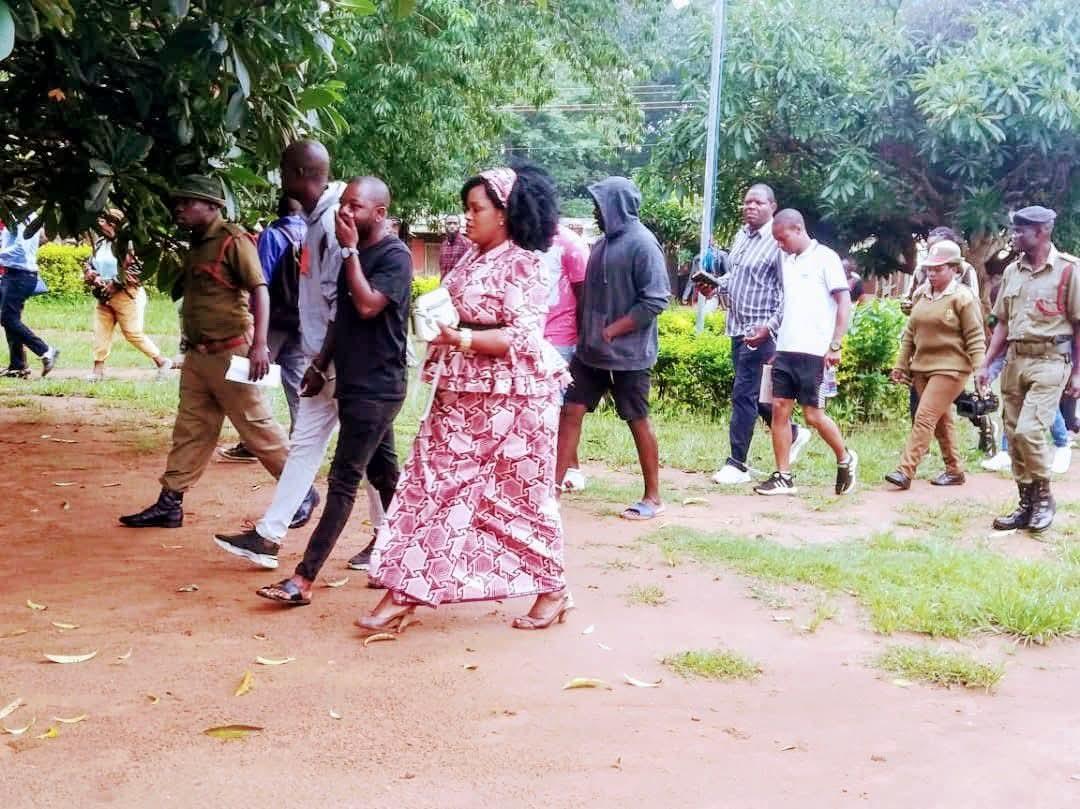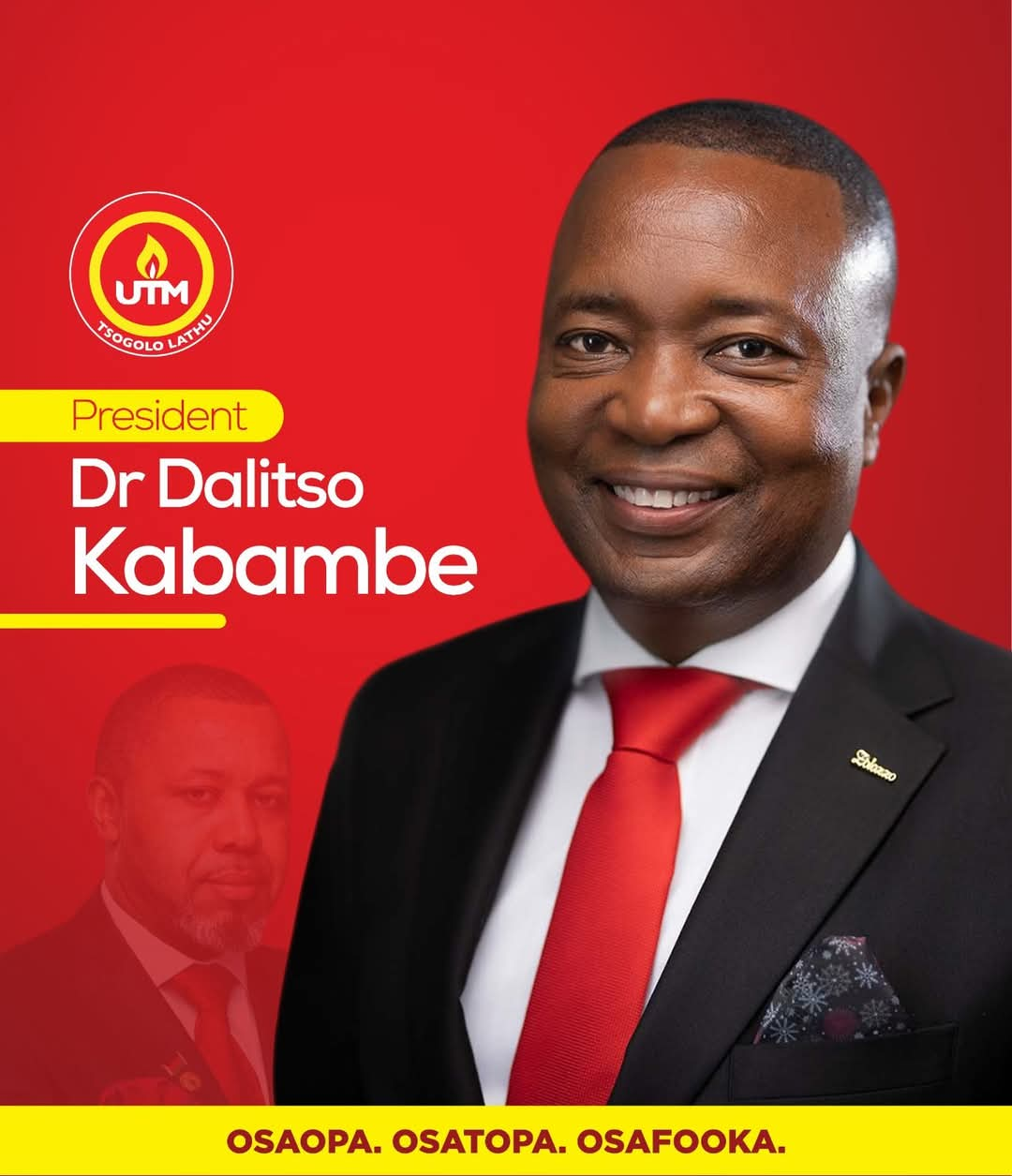By Burnett Munthali
The announcement by the Malawi Human Rights Commission (MHRC) to launch a public inquiry into judicial accountability and access to justice comes at a critical time, as the judiciary faces heightened scrutiny over its role and responsiveness to citizens’ rights. This initiative, spearheaded by MHRC Commissioner Chikondi Chijozi, reflects a rising demand for transparency within the judicial system, a cornerstone of any democratic society.
The core of this inquiry highlights three crucial areas: the barriers Malawians face in accessing justice, the prohibitive costs associated with legal representation, and the ripple effects these financial constraints have on the quality of justice received. By examining these areas, MHRC is responding to a growing public sentiment that the justice system is increasingly inaccessible and, for many, unaffordable. Such challenges have not only affected individuals’ ability to seek justice but have also eroded trust in judicial institutions that are constitutionally mandated to serve the people.
One of the principal barriers to justice in Malawi is the complexity and cost of navigating the legal system. For ordinary citizens, understanding legal processes can be daunting, requiring not only financial resources but also a familiarity with procedures and terminology that most Malawians lack. Legal representation becomes essential for navigating these complexities, but the high cost of securing a competent attorney puts it out of reach for many, especially in rural and economically disadvantaged areas.
This inquiry promises to shed light on how these barriers disproportionately impact marginalized groups, limiting their ability to exercise constitutional rights. By calling on the public and organizations to contribute their experiences, MHRC can gather firsthand accounts that paint a clearer picture of these systemic challenges. Such input is crucial for identifying gaps and making targeted reforms that could lower these barriers.
Legal fees, court costs, and other expenses tied to litigation often make justice inaccessible to the average Malawian. This high cost is a pervasive issue that discourages many from seeking justice altogether or forces them to rely on inadequate or less effective representation. Consequently, the quality of justice becomes a concern: when individuals cannot afford to present strong legal cases, the outcomes may not reflect a true measure of justice but rather a measure of financial capacity.
Commissioner Chijozi’s focus on the cost implications of accessing justice underscores the pressing need for financial reforms in the judicial sector. Subsidized legal services, expanded legal aid, and other cost-reduction strategies are potential solutions that could arise from the findings of this inquiry. Such measures would ensure that justice is not a privilege reserved for the wealthy but a right accessible to all.
Accountability within the judiciary is vital for fostering public confidence in the legal system. The judiciary holds the power to interpret laws and enforce the Constitution, roles that demand impartiality, transparency, and a commitment to serving justice. Yet, recent calls for accountability suggest that the public’s trust in the judiciary may be waning, spurred by perceptions of inconsistency or lack of transparency in judicial rulings.
The inquiry’s focus on judicial accountability is a commendable step toward addressing these concerns. Greater accountability would not only enhance the credibility of judicial decisions but also assure Malawians that their judiciary is upholding the principles of fairness and impartiality. The feedback gathered during this inquiry could be instrumental in advocating for clearer guidelines on judicial conduct, transparent decision-making processes, and an accessible system for reporting and addressing grievances against judicial officers.
The MHRC’s call for input from both the public and interested organizations is a promising step toward creating a judicial system that truly serves all Malawians. By engaging with diverse voices and perspectives, the Commission can identify areas where the judiciary may be falling short and explore viable solutions to make justice more accessible, affordable, and accountable.
Ultimately, this inquiry is more than just an examination of the judiciary; it is an opportunity to strengthen the foundations of Malawi’s democracy. A fair, transparent, and accessible judicial system can empower citizens, foster respect for the rule of law, and hold power to account—principles that are fundamental to a just society.
If successful, this inquiry could catalyze long-needed reforms and restore faith in Malawi’s justice system, ensuring it becomes not just a system of legal protocols but a true pillar of equity and justice for all.




